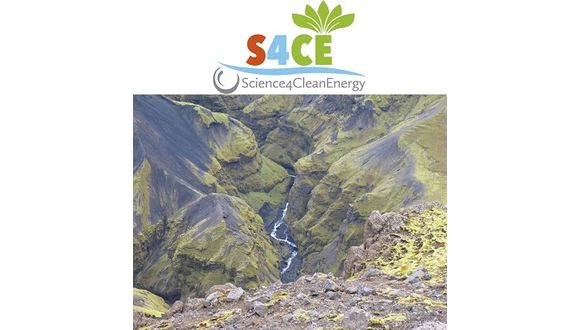Tue, 21 July, 2020
The Horizon 2020 project S4CE aims to develop, test and implement technologies needed for successfully detecting, quantifying and mitigating the risks connected with geo-energy operations in the sub-surface. The operations considered by this consortium include geothermal energy, enhanced gas recovery, carbon sequestration, and unconventional operations. The S4CE consortium includes 23 partners, representing academic institutions, industry energy operators, industrial partners, and research institutes. TWI’s role in S4CE relates to developing best practice procedures in subsurface operations, recommending workflows for emergency response, mitigation and remediation, and performing comparative assessment of well integrity and monitoring technologies.
There are various guidance documents on subsurface activities such as CO2 storage for the selection, qualification and management of geological storage sites and for risk management. The level of detail on possible failure scenarios, associated risks (considering likelihood as well as consequences) and mitigation options in these guidelines is not sufficient to address the uncertainties involved in the process. TWI has extensive experience in developing standards and guidelines, and actively participates and inputs into around 100 national and international committees. For S4CE, TWI is working to standardise, where possible, the best practice across different techniques and industries.
Apart from carrying out a comprehensive review of the existing guidelines, TWI is collecting data from three existing field sites in Europe; the CarbFix site in Iceland, one geothermal operation in Cornwall, UK, and a water-gas well in St. Gallen, Switzerland. The data collected from these sites will feed into a risk-based approach for novel subsurface activities, which include quantitative and semi-quantitative assessments of the probabilities and respective consequences of failure associated with these sub-surface operations.
Specifically, TWI is developing:
- A set of best practice procedures focusing on through life design and management methodologies to minimise the environmental, technical and societal risks for each subsurface technique
- A specific set of guidelines gathering the knowledge, experience and best practice for managing leakage events for each technology. Specifically identifying a range of different failure modes and how they would be detected and the protocols following each type of event
The results reveal of a robust risk management strategy utilised at sites based upon oil and gas regulations, which will form an integral part of the best practice guidelines in sub-surface operations. Other recommendations include, but are not limited to, selection of appropriate drilling bits for efficient drilling, selection of an appropriate grid-connected drilling rig, using high temperature suitable drilling muds, and promoting local community outreach. The set of protocols developed will be gathered by TWI to provide the basis of operator policies and procedures and inform government authorities and regulatory bodies when setting legislation for each technology.
